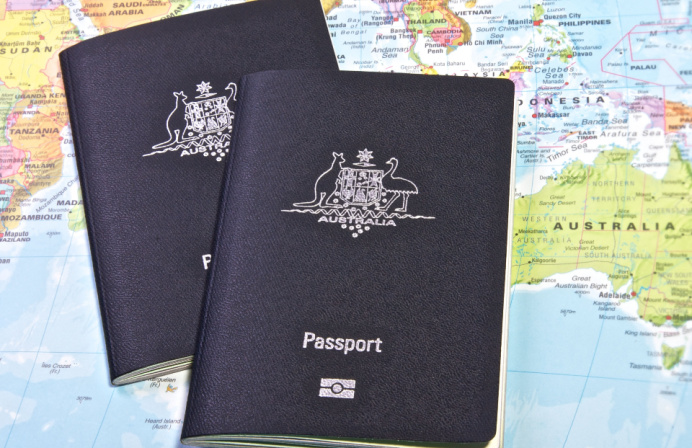
The use of artificial intelligence (AI) in the public health system and in simplifying development application (DA) processes has become the centre of a new taskforce established by NSW Health and an industry proposal call-out from the NSW Department of Planning, Housing and Infrastructure (DPHI).
The NSW Health taskforce, comprised of 25 industry, department and agency leads who had their first meeting on Tuesday, was convened to spearhead the development of an AI Framework to inform and direct the safe and successful use of AI technologies within NSW Health initiatives.
The framework will apply to both new and existing activities, which include integrated electronic medical records, wound care management, data engineering for complex data analysis, coding automation support, and storeroom stocking and detailing.
The taskforce comes as the Federal Government released its interim response to the Safe and Responsible AI consultation it opened last year, with the department working to enable the positive affects of AI on the state’s healthcare, generate opportunities for “transformative change” in the provision of healthcare and further advance clinical research.
At the same time, the taskforce will be responsible for managing potential risks around safety, ethics, privacy, security and regulation in relation to AI.
“NSW Health is demonstrating its innovative approach by establishing a taskforce to drive this change safely and effectively for patients and clinicians,” NSW Minister for Health, Ryan Park, said.
“Establishing a framework for NSW Health around AI is an important step towards meeting the future needs of our patients, community and workforce.
“The framework will enable us to look for more innovative ways to complement and support the capabilities of our highly skilled workforce, while addressing the risks and challenges that come with the use of AI in health.”
With a $5.6 million investment, the DPHI has invited the industry to put forward innovative solutions using AI to streamline DA timeframes and deliver more housing faster by reducing manual workloads and easing pre-lodgement processes for local councils.
The department is on the lookout for applications that align with the NSW AI Assurance Framework and AI Ethics Policy, as well as its address of four key areas:
- A pathways and requirements finder: To help prospective applicants identify site-specific development requirements to speed up their development process.
- Document self-assessment health check: To help applicants self-assess before lodging their DA. This aims to address any potential barriers or gaps in their documentation before they lodge.
- Risk-based triage: To help council staff quickly identify non-compliant elements within a submission so that the triage process is efficient and improves council’s productivity.
- Document assurance: To help council staff verify an applicant’s documentation to provide increased confidence in the quality of the material submitted.
The call-out is informed by six values including trust, transparency, customer benefit, fairness, privacy and accountability.
“Councils are responsible for determining approximately 85 percent of all new dwellings in NSW,” Minister for Planning and Public Spaces, Paul Scully, said.
“Introducing more AI features into our planning system is about working smarter so that councils can assess DAs faster, which helps to build more homes where they are needed most. Using AI tools will help us cut down DA assessment times, saving proponents, councils, developers and taxpayers valuable time and money.
“AI won’t replace our highly skilled planners at the core of the planning system, but it will free them up from repetitive daily tasks so that they can focus on more complex DAs.
“The Department is also trialling AI tools such as chatbots and automated document processing to support triage queries and enhance response times for the Planning Portal.”
The DPHI has also hosted several workshops with over 30 NSW metro and regional councils to identify the main difficulties currently experienced in the pre-DA lodgement process and discuss the benefits of using existing AI products to improve the state’s planning system.





